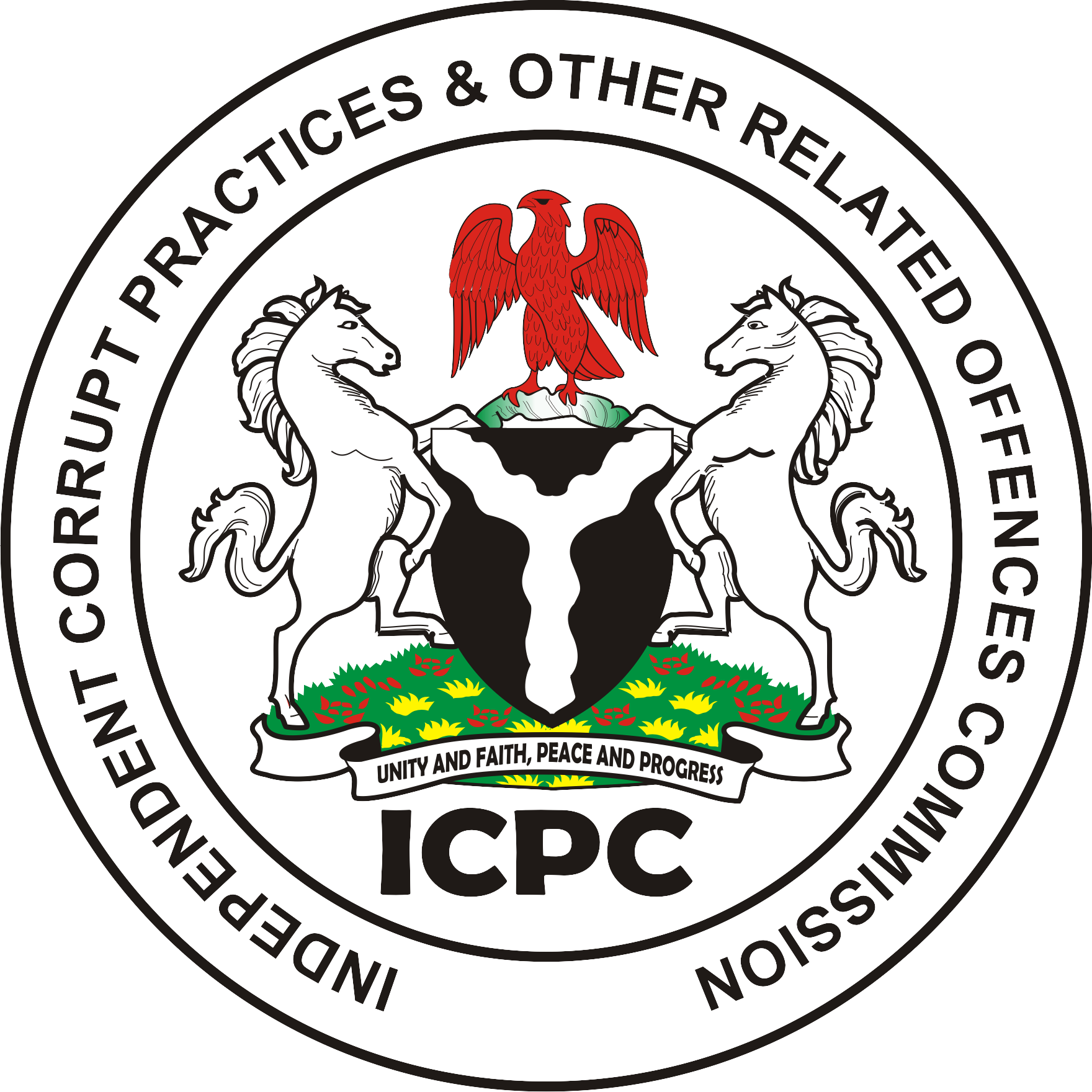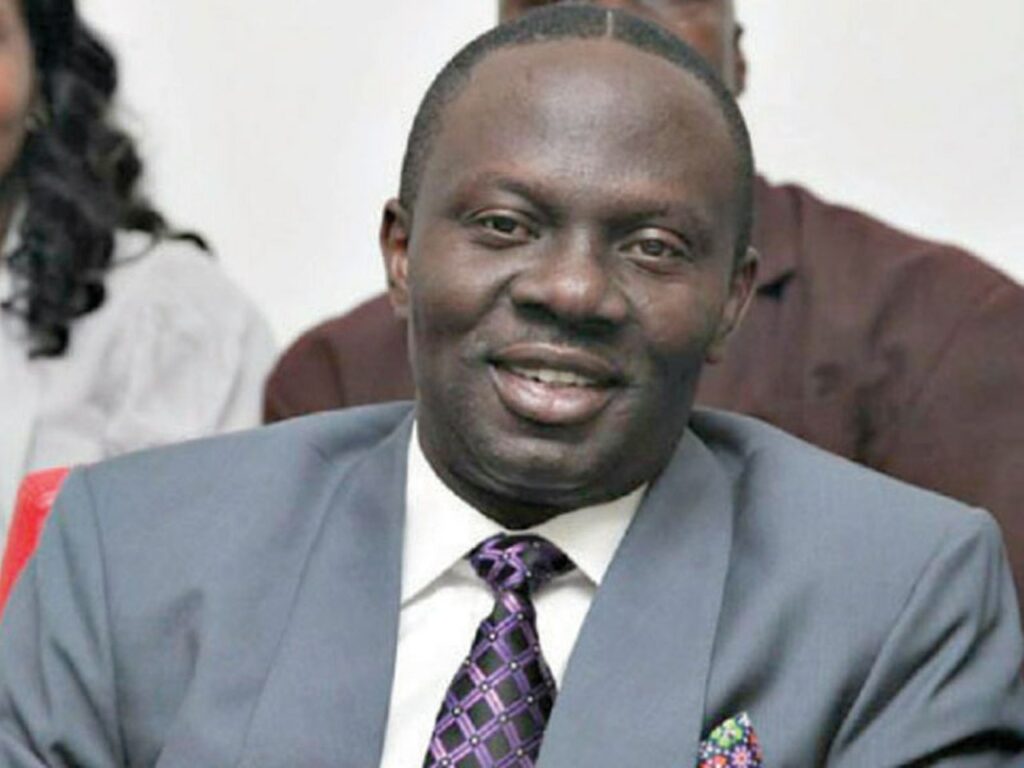The Chairman of the Independent Corrupt Practices and Other Related Offences Commission (ICPC) Dr. Musa Adamu Aliyu, has emphasized the need for united efforts and the adoption of innovative technologies as crucial strategies to combat corruption, human rights abuses, and digital threats in Nigeria.
By Chimezie Godfrey
The Chairman of the Independent Corrupt Practices and Other Related Offences Commission (ICPC) Dr. Musa Adamu Aliyu, has emphasized the need for united efforts and the adoption of innovative technologies as crucial strategies to combat corruption, human rights abuses, and digital threats in Nigeria.

The ICPC Chairman while delivering a keynote address titled “Law and Contemporary Societal Issues: Navigating Challenges and Opportunities” on Thursday at the International Law Conference hosted by the Faculty of Law, Ahmadu Bello University, Zaria, stressed that corruption was “not merely a legal issue but also a deep-seated social problem that demands a comprehensive and sustained response”.
Dr. Aliyu noted that, despite corruption being ranked as the fourth most pressing issue in the country, there has been an increase in the rate of citizens reporting bribery and corruption, which rose from 3.6% in 2019 to 8.6% in 2023.
According to him, this singular fact reflects a growing awareness and commitment among Nigerians to combat corruption adding this must be sustained to achieve the desired goal of a corruption-free Nigeria being aiming at.
Addressing the challenges of digital transformation and cybersecurity, Dr. Aliyu underscored the importance of robust legal frameworks and collaboration with technology providers to address issues like cyberstalking, cyberbullying, and hate speech, while balancing freedom of expression with protection from harm.
His words, “Despite the challenges, there are substantial opportunities for progress. Advanced technologies such as artificial intelligence and machine learning can enhance our ability to detect and mitigate cyber threats and misinformation. Educational initiatives and awareness campaigns can also empower individuals to navigate the digital landscape responsibly.”
The ICPC boss further emphasized the need for continuous education and training within the judiciary to effectively handle cyber-related cases, including online fraud, sexual extortion, cybersquatting, and the unlawful interception of communications. “This is a testament to the growing awareness and willingness of Nigerians to fight corruption”, he said.
The ICPC chair stressed that abuse of office also remained a form of corrupt practice common in many sectors of the Nigerian public service, saying that sexual harassment is a significant issue in Nigerian tertiary institutions, with studies indicating a high prevalence among female students.
He said that according to a 2018 World Bank survey, approximately 70 percent of female graduates from these institutions reported experiencing sexual harassment by classmates or instructors.
Dr. Aliyu described human rights and social justice as the cornerstones of a fair society ensuring dignity, freedom, and equal opportunities for all.
“Corruption undermines these rights, breeding inequality and oppression. The ICPC is committed to upholding human rights and promoting social justice by combating corruption and ensuring access to essential services”, he said.




